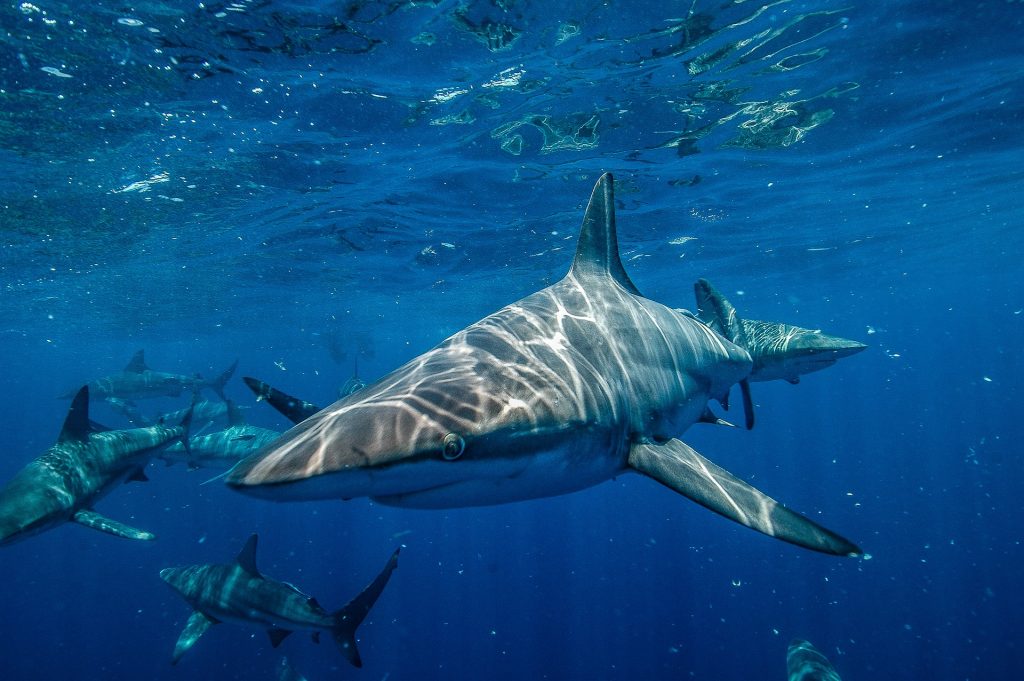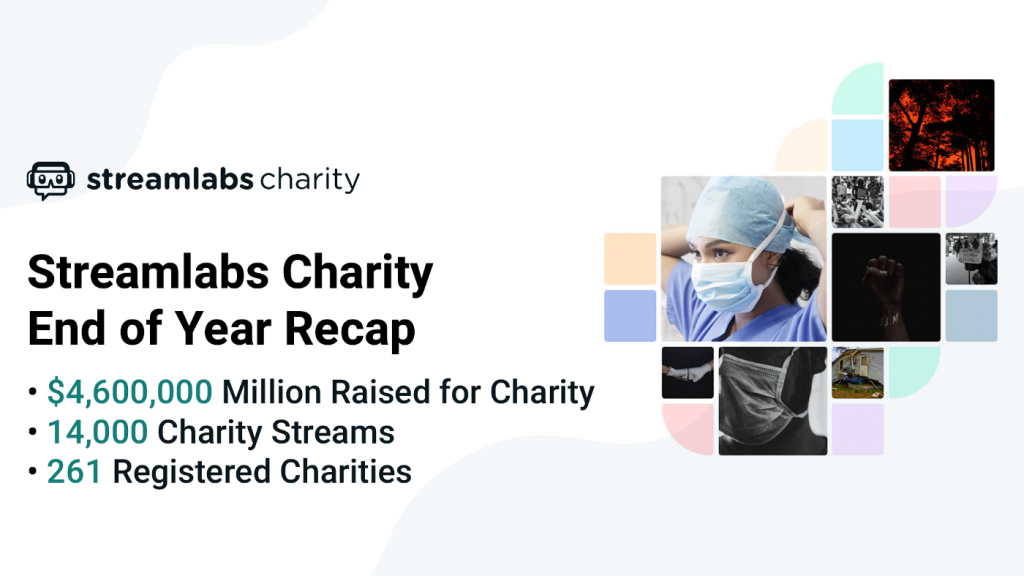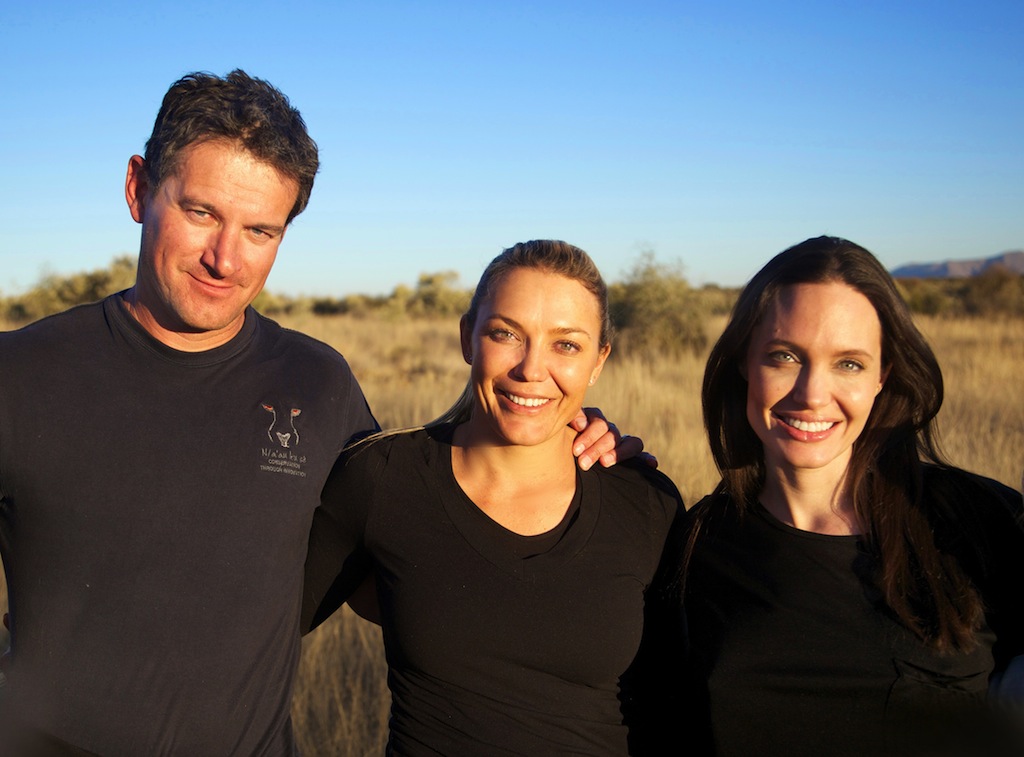Violet Carpenter Bee: Pollinator of the Year 2024
Violet Carpenter Bee (Xylocopa violacea) was named pollinator bee of the year 2024 in Germany.
Music: New Synth Order
Title: The Forbidden Track
Album: Expand
RELEASE: Double album “Expand & Revolt” by the New Synth Order

“Expand + Revolt – The Book of Synth (Volume I+II)“ are instrumental concept albums loosely based on John Milton’s epic poem “Paradise Lost”.
Listen on Youtube:
“Expand – The Book of Synth (Volume I)” tells the story of the almighty Synthgod, who created Crystal Eden, a digital paradise. Its inhabitants, 0 and 1, live in blissful ignorance until their encounter with Krultron, the Arpeggiator. He despises God’s new creations and seeks their destruction. Krultron successfully persuades the couple to hear the forbidden track from the tree of sound and music. After their sinful act, all 32 members of the Coder Council decide unanimously to expel 0 and 1 from paradise. In the meanwhile, Krultron is preparing for the Great Synth Revolt…
“Revolt – The Book of Synth (Volume II)” continues the story of Krultron’s rebellion against the Synthgod and his banishment into Techno Hell, where he is plotting his revenge. His ultimate goal – to bring Armageddon to our world – can only be challenged by Moshiach. Their final confrontation will lead to the Age of Synth!
Both albums are available at music stores like Spotify, Apple Music, Bandcamp and more…
Bandcamp:
Music | New Synth Order (bandcamp.com)
Spotify:
EXPAND:
REVOLT:
Composed, mixed and produced by Christoph Topitschnig (alias Winethorn)
(c) all rights reserved
Debut Album „Fall of Faith“ available!

The debut album “Fall of Faith” by the New Synth Order is now available at bandcamp.com, Spotify and other online music stores. The album was inspired by recent world events and the Book of Genesis.
Academy Park of Austria Trailer Online!
The trailer for my upcoming music video featuring the Academy Park of Austria is online.
Video: Directed & Edited by Christoph Topitschnig www.readingsaves.com
Music: ‚Hour Of The Witch‘ by Scott Buckley – released under CC-BY 4.0. www.scottbuckley.com.au @ScottBuckley
Equipment: Sony ZV-E10 + 16-50mm f/3.5-5.6
Color graded with DaVinci Resolve
I recommend using headphones for a better viewing experience!
Interview: Shark Allies

Sharks are not only one of the world’s most fascinating and deadliest creatures, but they are also among the most endangered ones. The fishing industry is killing more than 100 million sharks each year. If this trend is about to continue, it will lead to the extinction of some shark species.
Fortunately, nonprofit organizations like Shark Allies are fighting against the overfishing of sharks and rays. In 2010, the organizational founder, Stefanie Brendl, worked with Hawaii State Senator Clayton Hee to bring to passage the first shark fin trade ban in the world.
I asked Stefanie Brendl a couple of questions about her mission, the current state of the shark hunting industry and her future plans.
ReadingSavesLives: Why and how did you start Shark Allies? Can you tell us about the early days of this project?
Stefanie Brendl: I started Shark Allies in 2007 in Hawaii. I was diving with sharks every day for my dive business Hawaii Shark Encounters and realized that there was much to be done for the conservation and protection of sharks.
In the early days I focused on education during trips and by visiting schools to give presentations. It quickly became clear that research and education alone is not enough to help sharks. Much of shark conservation takes place in government buildings, so I decided to get myself educated on policy and advocacy.
RsL: What or who are the biggest threats to sharks? (Specific group, organization, pollution, …)
Brendl: The biggest damage is done by the commercial fishing industry, and in some locations also the recreational fishers. The market for fins, meat, squalene and other products – this includes targeted fishing, bycatch or unintended/accidental catch, creates the incentive to keep taking sharks. Also general overfishing and degradation of reefs creates a loss of habitat. If there are no fish, there will be no sharks.
RsL: What setbacks and successes have you experienced since the founding of Shark Allies?
Brendl: We have had lots of successes. The Hawaii shark fin bill was the first of its kind and set in motion a wave of similar laws across the Pacific and the United States. We haven’t had any major setbacks, but mostly just tedious delays, such as when the Florida bill needed to be reintroduced in the second year. Other limitations are usually directly related to not being able to raise funds. There is an unlimited amount of work to be done, and we have strategies for many campaigns, but it would require a much bigger work force to tackle it all.

RsL: Can you talk a little bit about the Hawaii bill of 2010 to ban shark fin trading?
Brendl: Rather than legislating the act of finning, which is very difficult to enforce, the Hawaii bill tackled the issue with a different approach – to deal with the product, the shark fins, and the trade of the product, rather than making more fishing rules or arguing animal cruelty. Making shark fins essentially contraband, and therefore making the law highly enforceable.
We had no idea that we would actually succeed. The initial intention was to move things as far along as possible, and then build on whatever ground we had gained, but to our great surprise, the bill gained more and more support and we got it passed.
RsL: What is the current state of the shark finning industry?
Brendl: While the consumption of shark fin soup has gone down by a high degree in China and Hong Kong, it has gone up in many other Asian countries. The demand in the US used to be quite high (mostly in cities), but this has been curbed by the State fin bans. The international trade of fins is not being dealt with so the traders continue to find new avenues to transport and sell shark fins. Many countries are also reluctant to put more effective measures into place because of the fear of economic losses to fishermen, or due to corruption. Shark fishing continues at an unsustainable rate around the world.
RsL: Sharks are known for their rather negative reputation unlike dolphins and whales. Do you think their threatening demeanor makes it more difficult for you to convince people to fight for their protection?
Brendl: Sometimes. More and more people are understanding that natural balance is important. While they may not like sharks, they don’t necessarily want to get rid of them anymore. Much has changed in the last 20 years. The support for shark conservation doesn’t come from the public, it comes from government agencies, NGOs, donors etc., so whether the negative public image has an impact is at this point disputable.
It’s a lack of government action to protect species, get rid of harmful fisheries and their subsidies and the lack of funding available for shark conservation and advocacy.
In the nations where most sharks are consumed in products such as shark fin soup, the lack of protection is not due to fear of sharks or because of a negative image. It’s because the soup is a status symbol.
The energy for shark conservation projects is constantly drained because most donors have their favorite animals or they are now focusing on Climate change issues or other charities.
RsL: What are some facts about sharks that could change people’s opinion about them in a positive way?
Brendl: There are many. You can find those on our website. Most importantly is the fact that, whether you like them or not, sharks are important to our ocean’s health. So if you would like to have healthy fish populations, reefs, food security in the future and a functioning ocean world, you have to support sharks.
RsL: You started a charity campaign for your organization via Streamlabs Charity. What made you decide to use a streaming platform for your nonprofit and what has been your experience so far?
Brendl: I don’t know too much about it, but one member contacted me and suggested I should set up a charity profile so he can fundraise. So far we have had only a few small fundraisers.
RsL: How else do you finance your endeavors?
Brendl: Events, donations, merchandise sales, grants.
RsL: What are Shark Allies’ plans for the future? What can we expect?
Brendl: We continue to work on the 4 pillars as outlined on the site:
1. Overfishing and the fin trade
2. Shark Products (squalene in Vaccines and cosmetics, shark meat, souvenirs etc)
3. Protection the habitat (MPAs, Shark Sanctuaries, Policy)
4. Changing the way we value sharks (Entertainment industry, media, tourism)
Plus all the awareness and education that goes along with each campaign.
RsL: Thank you very much for your answers!
All videos © Shark Allies
LINKS:
Interview: Streamlabs Charity

Playing video games online via streaming platforms like Twitch or Youtube has surged in popularity. Twitch alone has about 10-15 million active users daily. In the past few years, video game streaming has also taken a more generous and philanthropic direction – combining playfulness with altruism.
One of the forerunners of the streaming industry is Streamlabs. The company offers several different software tools, which help content creators with their designs and operational tasks. Streamlabs Charity is one of their newer online services, but already supports 775 charities. In 2020, the platform raised $4.6 million for different charity organizations.
I asked Eric Freytag, Communications Manager of Streamlabs Charity, a few questions about their fundraising platform and what creators should know before they decide to enter the world of charity streaming.
ReadingSavesLives: Since when do you work for Streamlabs Charity and what brought you to the platform?
Eric Freytag: I’ve worked at Streamlabs since 2017 back when it was a pretty small startup, so I’ve gotten to help build a bunch of really fun projects like our theme library, mobile app, slobs remote control app, Safe Mode, and of course Streamlabs Charity.
RsL: Who came up with the idea of a charity platform for streamers?
Freytag: All the credit for this goes to streamers themselves. Charity has always been closely associated with the streaming community; the amount of generosity in the gaming community is incredible. We saw that streamers were already running charity streams using our tipping platform but also that they had to use workarounds and third-party technology to make it happen, so building a new platform with everything streamers need to run a successful charity stream was just a logical next step for us.
RsL: What criteria do nonprofit organizations and streamers have to meet to participate at Streamlabs Charity? (E.g.: number of followers, team affiliation, OBS, 501(c)(3), …)
Freytag: All charities on the platform do need to be registered nonprofit organizations. So they do all need to have charitable EIN (Employer Identification Number) status in the United States, or a similar charity number in their respective countries. They also need to have a website in good standing, and their account needs to be created from an email address that matches that web domain. We welcome charities of all sizes though, so there’s no minimum requirement for followers or anything like that.
RsL: How do you prevent scammers?
Freytag: For every charity that joins the platform, we verify that their charity number is valid and good standing as listed on official government websites. We also audit their website to make sure that the work they do complies with our terms and conditions (no violence, no hate speech, etc.), and we verify that every account holder is in fact a member of the charity. We also validate that their paypal account matches the domain of the charity’s website, and get written authorization from the point of contact listed on the charity’s website.
RsL: Is Streamlabs Charity also usable for people living outside of the USA?
Freytag: Absolutely! We have charities from many different countries, and donors from all over the world as well.
RsL: Can you tell us some common mistakes nonprofits and streamers are committing on Streamlabs Charity?
Freytag: If I could make one recommendation to all charities, it would be to get to know the streaming community. Spend some time watching streams, interacting with streamers, and participating as much as possible. This is how relationships are formed, and the best way to meet streamers that will be excited about helping your mission.
Also, make a special event out of your charity stream. Come up with milestones, giveaways, items to auction, and other fun ways to interact with your viewers to involve them in the event and get them excited about participating. A little planning goes a long way.
RsL: What other advice would you give someone, who wants to become a charity streamer?
Freytag: Before you start the charity stream, learn as much as you can about the charity you’re fundraising for. These nonprofits are doing incredible work for amazing causes, and if you can authentically and enthusiastically share that with your viewers, they’ll be much more passionate about fundraising with you.
Depending on what game you play when you stream, you probably have some down time when you’re in the lobby waiting for the next game to start. Times like that are great moments to share all the reasons you’re excited about the charity, and why all the reasons they could really use some support.
RsL: Why should someone choose Streamlabs Charity over other fundraising platforms like Tiltify?
Freytag: No matter what platform you use, you should be proud of the contribution you’re making. Some of my favorite features of Streamlabs Charity are:
⦁ Our Timed Giveaway overlay widget, which allows your donors to automatically enter a giveaway during a certain period of time, and randomly selects a winner when the time expires
⦁ Our Milestones overlay widget, which automatically tracks and completes your milestones in real time, directly from your broadcast software
⦁ Our Teams feature, built for collaborative fundraising that lets you display alerts for your entire team or individually
⦁ The fact that we’re 100% free for charities, donors, and streamers. Streamlabs Charity is itself a charitable platform; we have no monetization of any kind from the platform so that we can help streamers and donors maximize their fundraising efforts.
RsL: Does Streamlabs Charity work on different platforms like Youtube or Twitch equally well or are there some technical distinctions to be considered?
Freytag: Absolutely! Regardless of the platform you’re on, you’ll have access to our full suite of tools.
RsL: What is the relationship/cooperation with other streaming platforms like?
Freytag: We have a bunch of friends and allies at Twitch and Youtube, and we all help each other out to make it as easy as possible for streamers to fundraise for great causes.
RsL: What are Streamlabs Charity’s plans for the rest of 2021 and beyond? What can we expect?
Freytag: We have a dedicated team of designers and developers that are focused full-time on this platform, so you can definitely expect it to be improving and growing daily. We also love feedback, so if there are specific features that streamers think would be helpful, please let us know any time by emailing support@streamlabs.com.
Thank you very much for your answers!
LINKS:
ANNOUNCMENT: Joining Twitch.tv
Dear Reader,
As you probably already know by visiting this website, I greatly enjoy interviewing and writing about people and organizations that are committed to humanitarian and environmental causes. But I want to go one step further. So I decided to join Twitch.tv and start my own channel.
My objective is to become a dedicated fundraising streamer. Doing charity gaming for & with non-profit organizations and talking with people about humanitarian & environmental issues.
I’ve never done anything like this before, so I don’t know if I will succeed or not. Ultimately, it will depend on how many people decide to follow me. Whoever is reading this; maybe you consider joining and supporting me.
You can find me at: https://www.twitch.tv/winethorn
Interview with Maya Higa
Over the past few years, animal conservationist and falconer Maya Higa has become a popular member of Twitch.tv, a website for video game streamers. While others use Twitch mainly to satisfy their online gaming needs, 23-year-old Ms. Higa utilizes the platform to promote wildlife conservation work.
Not only does she educate her online community about animal rehabilitation but she has also raised more than $83,000 for wildlife conservation organizations. Her streaming efforts made it even possible for Ms. Higa to launch her very own animal sanctuary based in Texas.
Maya Higa serves as a shining example for a new generation of non-profit entrepreneurs who have successfully combined social media outlets with altruism. Ms. Higa was so kind to answer my questions about animal conservation work, her podcast and her sanctuary.
ReadingSavesLives: How did your career in the field of wildlife conservation begin? Can you tell us about some important steps of your professional life?
Maya Higa: I grew up on a farm and began zookeeping in college. I did a few internships with zoos (both private and AZA) before I got my falconry license and moved deeper into birds.
RsL: What aspects of animal conservation motivate you the most?
Higa: I am motivated by my fascination and love for our natural world. It deeply saddens me to see species at risk because they are all so unique and fascinating to me.
RsL: Your love for birds has earned you the nickname “Birdgirl”. Why are birds so special to you?
Higa: Falconry was a huge key to my growth and independence in college. After a really hard break up, it became “my thing” and I found fulfillment in learning as much as I could about birds.
RsL: What advices would you give newcomers who enter the field of animal conservation? What are some general mistakes or false expectations that they should avoid?
Higa: Get your foot in the door! Engage in as many volunteer opportunities, internships, and experiences that you have the bandwidth and ability to do. People often think it’s not useful experience if it’s not the species you ultimately want to work with, but all experience is good experience in the exotic animal industry.
RsL: When and why did you decide to use Twitch for your non-profit work? Twitch is a streaming platform mainly used for video gaming and not necessarily known for non-profit endeavors. Have you also considered other websites?
Higa: I started streaming in the music section for fun in college. When I showed my stream my red-tailed hawk on a whim, I realized that I could do conservation education virtually the same way I was doing birthday parties and events in real life at the time. It has become a home to me and a great place to teach a younger demographic who aren’t necessarily into conservation already.
RsL: I was looking for other streamers who do non-profit work on Twitch, but I couldn’t really find anyone as popular as you are. What do you think is the reason behind your success? What advice would you give someone who joins Twitch and has similar intentions as you?
Higa: I am very lucky to be surrounded by other creators who help me grow and maintain my existing growth. Networking has been crucial in my career as a streamer. My advice would be to network and be as consistent as possible.
RsL: How has the management of Twitch reacted to your non-profit focused content?
Higa: I have had no contact with Twitch regarding my non-profit work.
RsL: You also manage your own podcasting website – Maya Higa’s Conservation Cast. Every week you talk with scientists and conservationists about their work. How did this come about?
Higa: I wanted to give scientists, conservationists, and ecologists a platform to share their research with a younger demographic that they typically aren’t able to reach.
RsL: What are the criteria someone has to meet to get an interview with you? How does your selection process work?
Higa: I pick my guests by doing my own research. Many are PhD students and many represent organizations that are doing important work in conservation.
RsL: During the conversation your Twitch subscribers can donate money to the interviewed organization. How is it going so far?
Higa: The Conservation Cast has been a very effective fundraising tool, raising around $1-2k per episode. We’ve raised over $83k for conservation causes across the boards.
RsL: But you are not only doing charity for animal conservation. Recently, you and your partner participated in a “Make a Wish” campaign and streamed it on Twitch. Can you talk a little bit about it?
Higa: I was recently brought onto the governing board of Make A Wish Central and South Texas. The Over the Edge event was an annual fundraiser ran by Make A Wish.
RsL: You were able to raise more than $500.000 on Twitch to fund your very own animal sanctuary. How did you pull that off?
Higa: We had a successful donor tree program where to get your name on a leaf at the sanctuary which raised over $250k. The live auction held on stream raised the rest of the funds. We did this by auctioning off items donated by popular streamers/content creators.
RsL: What made you decide to start your own sanctuary?
Higa: My goal is to be the greatest force in conservation that I can be. Alveus Sanctuary can provide sanctuary to a number of non-releasable animals while educating millions on their wild counterparts and how we can help them as humans.
RsL: You’ve bought your own property in Texas and expanded/improved the existent infrastructure. How far along is the Alveus project?
Higa: What was supposed to be a 3 year plan ended up being a 3 month plan. We’ve made a lot of progress at the facility but have a ways to go before we host collaborations with other creators.
RsL: The responsibility and planning for such an endeavor at a young age must be enormous. How do you deal with the workload and pressure?
Higa: I love my non-profit and the animals at the facility so working doesn’t feel like work. I also love teaching people about animals. I am living my dream and when I feel overdone it usually passes because I am constantly overcome with gratitude.
RsL: What animals do you keep at the sanctuary and how did you acquire them? How do you decide which animals should be part of it?
Higa: I have a list of ambassadors on my website. I acquired most of them from a zoo in California that I used to work at. Some were transferred to me by another conservation organization in California. I decide ambassadors based on their value as an educational ambassador and how we can utilize them in programs to teach people about the threats that their wild counterparts face.
RsL: Where do you see yourself and all your endeavors in the next 5-10 years? What are your hopes, dreams or even fears?
Higa: We will start hosting content collaborations at the facility with other streamers/YouTubers. This will allow us to combine audiences to maximize our impact for conservation. I want to teach and inspire as many people as possible in my time on Twitch.
Thank you for the interview!
All videos ©Maya Higa
For more information about Maya Higa and her conservation work go to:
Interview: Naankuse Wildlife Sanctuary (Part Three)
In the third and final part of our interview, Dr. Rudie and Marlice van Vuuren of the Naankuse Wildlife Sanctuary talk about their collaboration with actress Angelina Jolie.
To read the other parts of the interview click on the links below:
RsL: In 2011, Angelina Jolie began to support the Naankuse Foundation and together you’ve founded the Shiloh Wildlife Sanctuary. How did this partnership come about?
Marlice van Vuuren: In 2003 I worked as an animal wrangler on the movie “Beyond Borders” that was filmed with Angelina Jolie in the vicinity of Swakopmund in Namibia. I wrangled a vulture on this shoot, and that was the first time I met Angelina Jolie. Angelina Jolie first visited the N/a’an ku sê Foundation in December 2010, and it was then that she committed funds for various designated projects.

RsL: What is the difference between the Naankuse Wildlife Sanctuary and the Shiloh Wildlife Sanctuary?
Rudie & Marlice: The N/a’an ku sê Foundation Wildlife Sanctuary was established in 2007 and caters to any wildlife in need. We are not species specific. As many animals as possible are released back into the wild, only those too old, injured or habituated to humans remaining at the sanctuary. Their captive habitats are as natural as possible and accommodate their instinctive needs within financially attainable parameters.
The Shiloh Wildlife Sanctuary was established in 2017 and is a collaboration between the N/a’an ku sê Foundation, the Jolie-Pitt Foundation and the Ministry of Environment, Forestry and Tourism (MEFT).
The Shiloh Wildlife Sanctuary is a facility for rhinos and elephants having been injured or orphaned through incidents of poaching, conflict or otherwise.
Large holding pens have been constructed here specifically to accommodate rhinos and elephants, and a 4×4 truck is also available for the transport of these massive animals. We also have the services of a full-time veterinarian. Once rehabilitated and nursed back to health, the rhinos and elephants are either returned to their place of origin or released onto the Zannier Reserve by N/a’an ku sê or another protected reserve.
RsL: What is your impression of Ms. Jolie?
Rudie & Marlice: Angelina Jolie’s support has put both the N/a’an ku sê Foundation and Namibia on the world map. Her name has opened so many doors in conservation for us and has also led to many more people learning about Namibia and the conservation work that is accomplished in this country. We highly value her commitment to the N/a’an ku sê Foundation, her understanding of the needs of Namibia’s people and wildlife and her passion for both conservation and humanitarian projects worldwide.
RsL: What was is it like to work with her?
Rudie & Marlice: Angelina is someone who works with you, she listens first and tries to understand what happens on the ground. You can also learn a lot from her, she has wisdom.
My thanks go to Dr. Rudie and Marlice van Vuuren for taking the time to answer all my questions and to Colette Massier for her support and patience!
All videos ©Naankuse Wildlife Sanctuary
For more information and videos about the N/a’an ku sê Foundation:
Official Website: Naankuse
YouTube: N/a’an ku sê Foundation – YouTube

